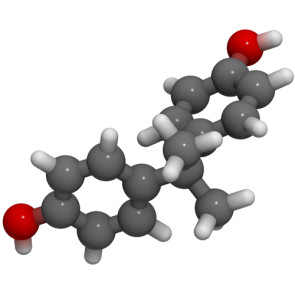The materials
The production of fibre-reinforced plastics by means of the pultrusion process results in profiles with mechanical properties that can compete with conventional construction materials such as steel and aluminium. The most important advantage is the low weight of these so-called composite materials. When strength and rigidity of composite materials are related to weight, they are superior to steel and aluminium.
The carbon and glass-fibre profiles have good fatigue resistance and are excellently resistant to acids, salt, water and most chemicals. The material does not corrode and absorbs little moisture. Moreover, the products have interesting thermal and electrical properties. They also have good adhesive properties and are maintenance-free.
It is possible that different fibre types serve as the base for our products. Carbon fibres are usually used, but various types of glass fibre are also applied by DPP. Carbon fibre does not oxidise under the influence of water and oxygen. Carbon has a considerably lower density than steel, a high tensile strength and low coefficient of expansion. These properties make carbon-fibre composites very suitable for applications that require a low weight, high strength and high rigidity. Various types of carbon fibre are used, especially the classic High Tenacity carbon fibres, but also the High Modulus fibres with a rigidity (e-modulus or elasticity modulus) of over 430 GPa (63MSI).
Glass fibres are thermally and electrically insulating, and combine a high tensile strength with a high elongation at break. Glass fibres are non-combustible and maintain their tensile strength up to temperatures of over 300°C. Various types of fibres can be used, e.g. HS glass fibres and S2 glass fibres.
The fibres are impregnated with a matrix material, usually a thermosetting resin, such as epoxy resin. After shaping the impregnated fibres, the matrix material is cured and joins the fibres into a rigid profile. Which resins are used also varies, depending on the desired properties.
Due to the great diversity and flexibility of properties, fibre-reinforced plastics can be widely applied in various applications.
« Back

